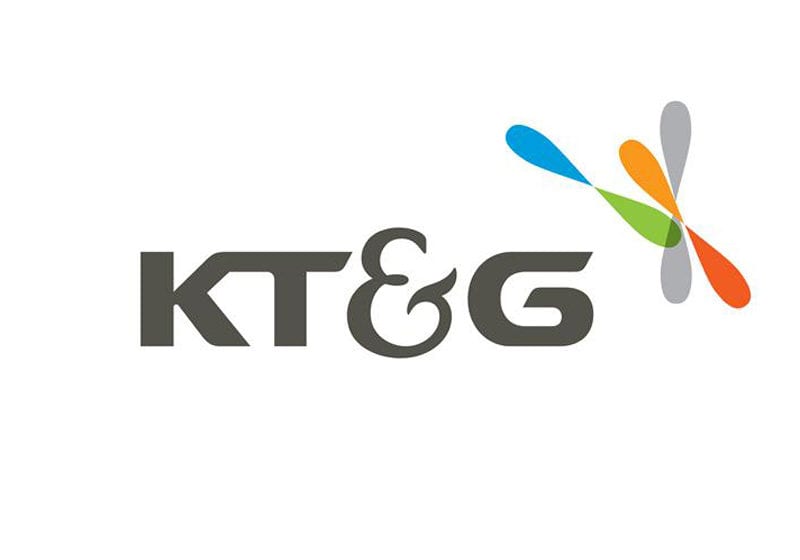A recent study published in Nicotine & Tobacco Research indicates that smoking during early adulthood can negatively impact earnings, particularly among individuals with lower educational attainment.
The study utilized data from the Cardiovascular Risk in Young Finns Study, analyzing 3,596 participants aged 24 to 39. Researchers measured smoking exposure using “pack-years,” a standard metric that multiplies the average number of cigarettes smoked daily by the number of years a person has smoked. Findings revealed that each additional pack-year was associated with a 1.8% decrease in earnings and a 0.5% reduction in years employed.
These results suggest that reducing smoking by five pack-years could potentially lead to a 9% increase in earnings. The study highlights the broader socioeconomic implications of smoking, beyond the well-documented health risks, emphasizing the importance of smoking cessation programs, especially for young adults entering the workforce.







